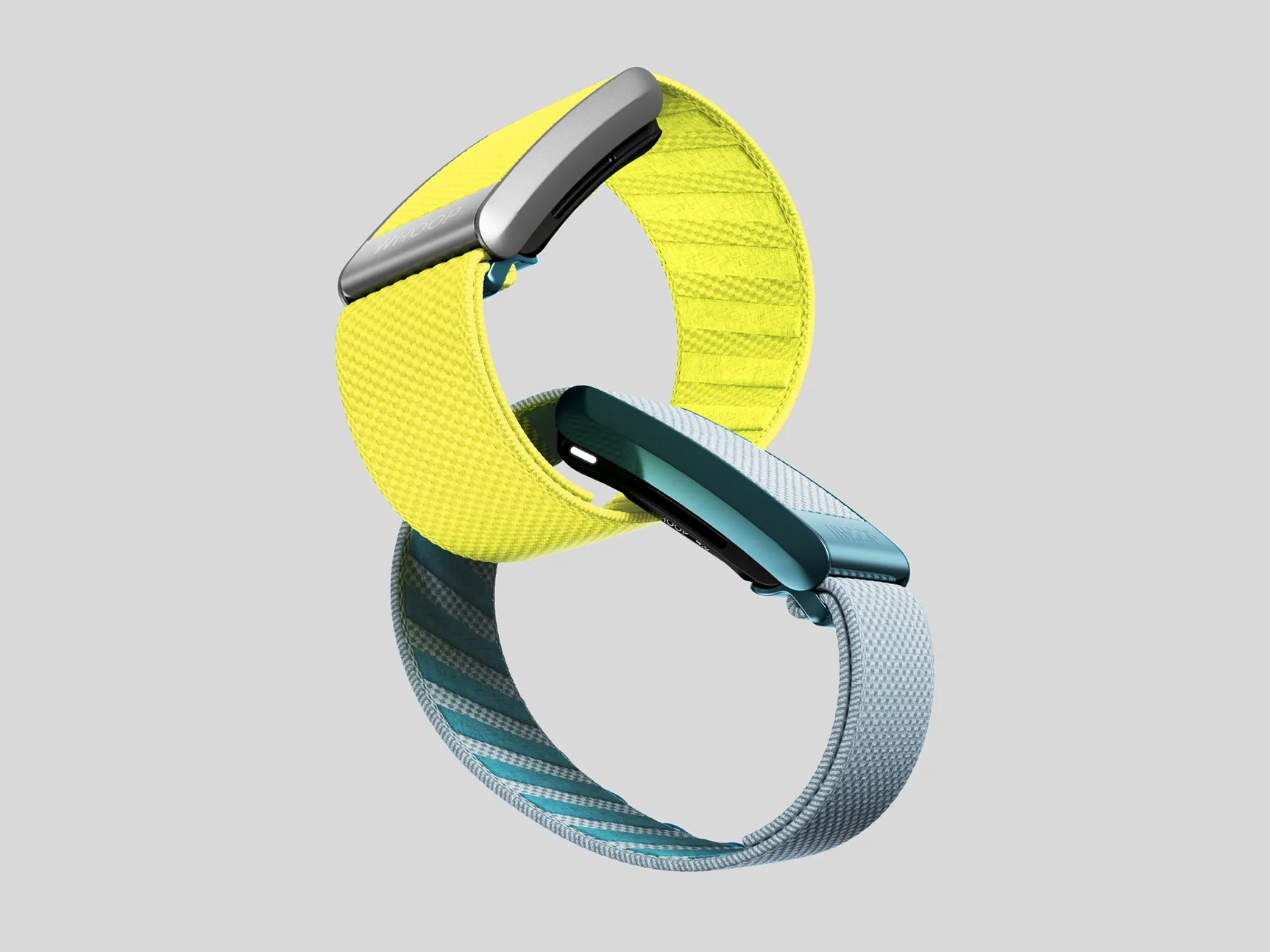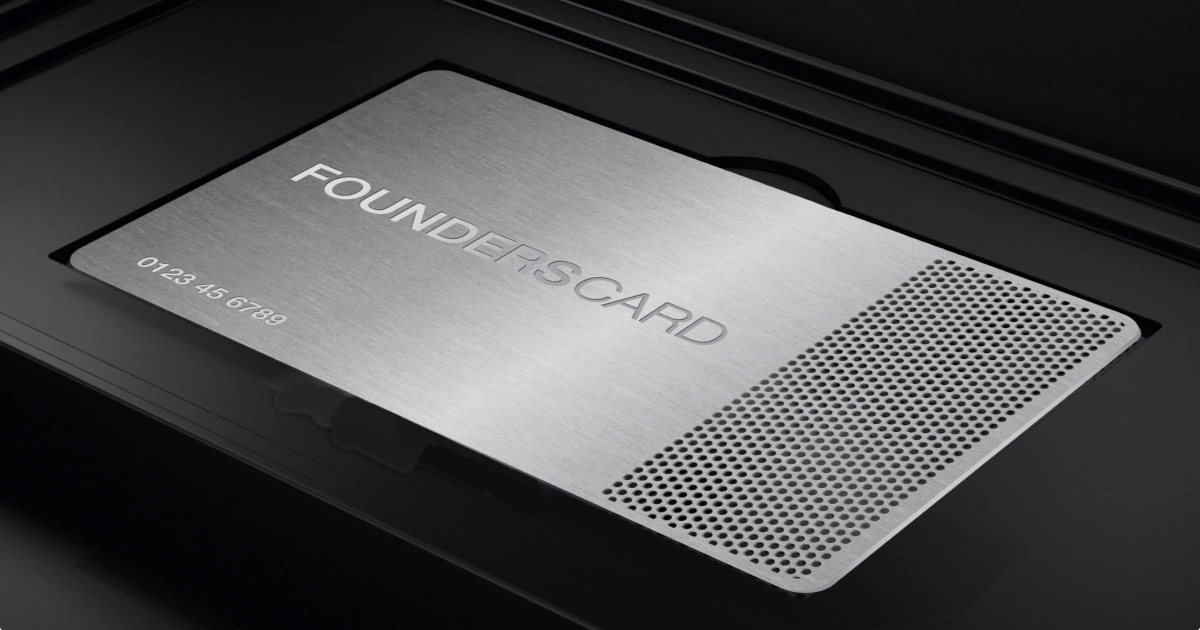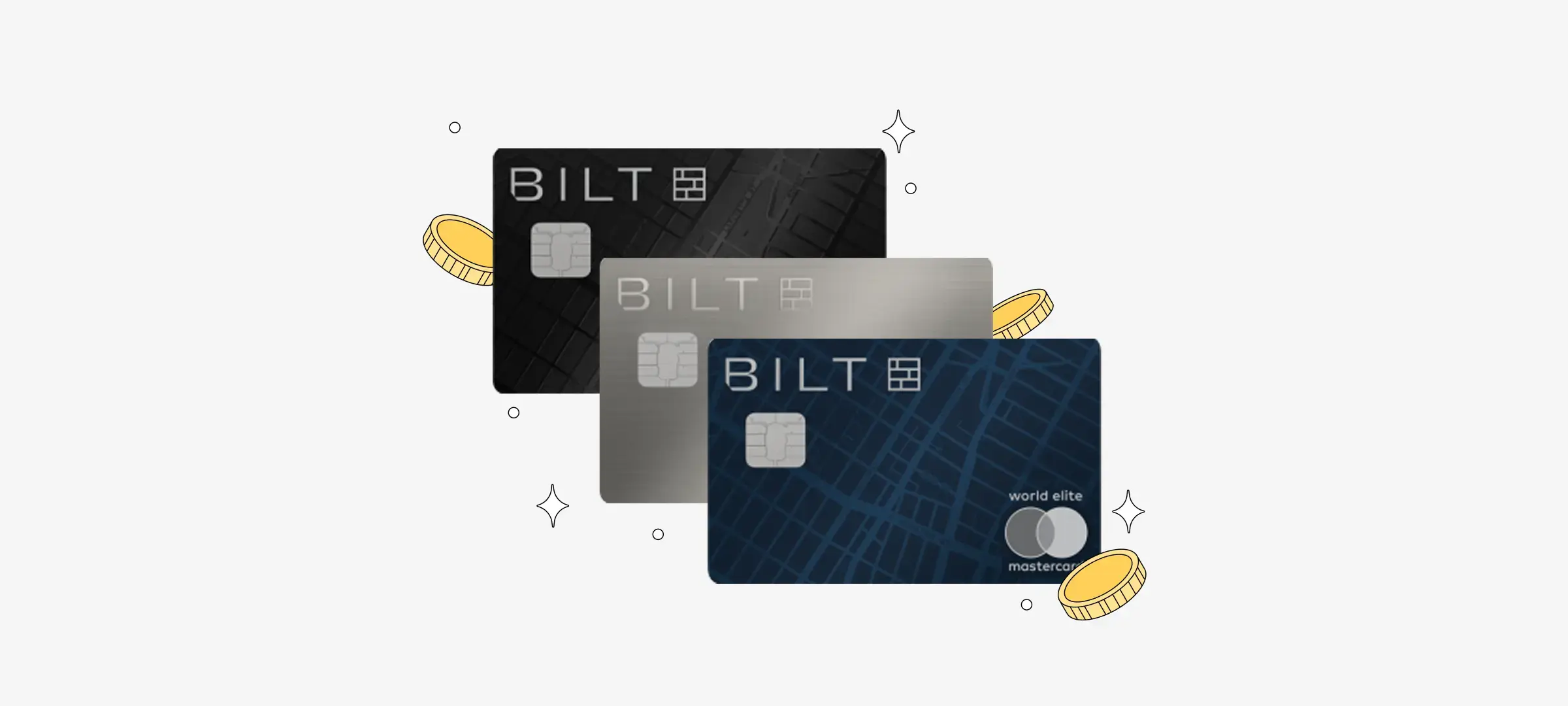
Kudos has partnered with CardRatings and Red Ventures for our coverage of credit card products. Kudos, CardRatings, and Red Ventures may receive a commission from card issuers. Kudos may receive commission from card issuers. Some of the card offers that appear on Kudos are from advertisers and may impact how and where card products appear on the site. Kudos tries to include as many card companies and offers as we are aware of, including offers from issuers that don't pay us, but we may not cover all card companies or all available card offers. You don't have to use our links, but we're grateful when you do!
How to Pay Taxes with a Credit Card in 2026
July 1, 2025


Introduction: Navigating Tax Payment Methods
When it’s time to pay your taxes, understanding your payment options is crucial. Traditionally, taxpayers have relied on methods like checks and direct bank withdrawals. However, with modern financial tools, paying taxes with a credit card has become an option. This article will explore whether you can pay the IRS with a credit card and the advantages and disadvantages of doing so.
Can You Pay the IRS With a Credit Card?
Yes, the IRS allows you to pay your taxes with a credit card through authorized third-party payment processors like Pay1040, ACI Payments, Inc., and PayUSAtax. These processors accept major credit cards, including Visa, Mastercard, American Express, and Discover. Using these services, you can pay various taxes, including federal income tax, business taxes, and estimated taxes.
Before using a credit card to pay your taxes, check for any available sign-up bonuses or rewards programs that can maximize your benefits. This can help offset the processing fees and make the most of your payment.
Analyzing the Pros and Cons of Using Credit Cards for Tax Payments
Benefits of Credit Card Tax Payments
- Earning Rewards: Paying taxes with a credit card can help you earn rewards such as cash back, points, or miles. If your credit card offers a high rewards rate or a substantial welcome bonus, the benefits might outweigh the fees.
- Meeting Spending Requirements: Using your credit card to pay taxes can help you meet the minimum spending requirement for account opening bonuses or other promotional offers.
- Immediate Payment Confirmation: Credit card payments are processed quickly, and the IRS receives confirmation of your payment immediately. This can be beneficial for last-minute payments to avoid penalties.
Downsides to Credit Card Tax Payments
- Processing Fees: Payment processors charge convenience fees for credit card payments, typically ranging from 1.87% to 2.35% of the payment amount. These fees can add up, especially with large tax payments.
- Impact on Credit Utilization Ratio: Charging a large tax payment to your credit card can increase your credit utilization ratio, potentially affecting your credit score. It’s important to manage your overall credit balance to mitigate this impact.
- Interest Charges: If you cannot pay off the credit card balance immediately, you may incur high-interest charges, which can negate the rewards earned. Comparing these costs with the IRS payment plan options is crucial to ensure you make a financially sound decision.
Costs Associated with Credit Card Payments on TurboTax
TurboTax allows you to pay your taxes with a credit card but charges a convenience fee of approximately 2.49% of the payment amount. This fee is higher compared to direct bank account withdrawals or using a debit card, which may have lower or no fees. It’s essential to compare these costs to determine the most cost-effective payment method.
Strategic Timing for Credit Card Tax Payments
- Aligning Payment with Billing Cycle: To maximize benefits and manage cash flow, consider timing your tax payment to align with your credit card billing cycle. This can give you more time to pay off the balance without incurring interest charges.
- Assessing Financial Health: Evaluate your financial situation before deciding to pay taxes with a credit card. If you’re unable to pay off the balance quickly, opting for an IRS payment plan with lower interest rates might be more prudent.
- Due Date and Available Credit: Ensure you have enough available credit to cover the tax payment and avoid exceeding your credit limit. Also, paying close to your due date can help minimize the interest you might accrue on your credit card.
The Best Credit Cards to Pay Your Taxes With
When considering paying your taxes with a credit card, it’s important to choose a card that offers the best rewards, bonuses, and benefits. Here are two top options:
Chase Sapphire Preferred® Card
- [[ SINGLE_CARD * {"id": "509", "isExpanded": "false", "bestForCategoryId": "15", "bestForText": "Exploring the World", "headerHint" : "ALL AROUND TRAVEL" } ]]
American Express® Gold Card
- [[ SINGLE_CARD * {"id": "118", "isExpanded": "false", "bestForCategoryId": "3", "bestForText": "Dining Rewards", "headerHint" : "TRAVEL REWARDS" } ]]
Conclusion: Making an Informed Decision
When deciding whether to pay taxes with a credit card, it’s important to weigh the interest charges, processing fees, and potential rewards. Using a credit card can be beneficial for earning rewards and meeting spending requirements, but the fees and interest charges can outweigh these benefits if not managed properly. Always consider your financial health and the terms of your credit card before making a decision.
For those looking to maximize their rewards and benefits, Kudos offers a powerful tool in partnership with The Points Guy. Using Kudos' CardMatch feature, you can access the best sign-up bonuses and find the perfect credit card to apply for. This partnership ensures that you get the most out of your credit card rewards, making it easier to offset the costs of paying your taxes with a credit card.
By leveraging the resources available through Kudos and The Points Guy, you can make a more informed choice and potentially gain significant financial benefits. Always read the terms and conditions of any credit card before you apply to ensure it aligns with your financial goals.
FAQs on Paying Taxes with a Credit Card
Can I pay IRS taxes with a credit card?
Yes, you can pay IRS taxes with a credit card through authorized third-party payment processors like Pay1040, ACI Payments, Inc., and PayUSAtax. These processors charge a convenience fee for the service.
Is paying taxes by credit card a good idea?
Paying taxes by credit card can be beneficial if you want to earn rewards or need more time to pay off the amount due. However, it’s important to consider the transaction fees and potential for high-interest debt if you don’t pay off the balance promptly.
What are two downsides to paying your taxes with a credit card?
- Transaction Fees: Payment processors charge convenience fees, typically around 1.87% to 2.35% of the payment amount.
- High-Interest Debt: If you don’t pay off the credit card balance in full, you could incur high-interest charges, making it a costly option.
How much does TurboTax charge to pay taxes with a credit card?
TurboTax charges a convenience fee of approximately 2.49% of the payment amount for paying taxes with a credit card.
When should I pay taxes with a credit card?
Consider paying taxes with a credit card if you need more time to pay off your tax bill, want to earn rewards, or if your card offers a 0% introductory APR. Ensure the benefits outweigh the transaction fees.
How can I pay my taxes with a credit card without going through TurboTax?
You can pay your taxes directly through the IRS’s authorized payment processors: PayUSAtax, Pay1040, and ACI Payments. Visit their websites, enter your payment details, and complete the transaction.
How do I make a credit card payment?
To make a credit card payment, visit the payment processor’s website, enter your credit card details, the amount you wish to pay, and your tax information. Confirm the payment to complete the process.
Should you use your credit card to pay your state and federal income tax?
Using a credit card to pay state and federal income tax can be useful for earning rewards or managing cash flow, but it’s important to consider the fees and potential interest charges. Evaluate your financial situation before deciding.
Does paying your taxes with a credit card affect your credit score?
Paying taxes with a credit card can affect your credit score by increasing your credit utilization ratio, especially if the tax payment is a large amount. It’s important to manage your overall credit card balance to minimize the impact.
Is credit card cash back considered taxable income?
No, credit card cash back is generally considered a rebate on spending and is not taxable income.
What fees are associated with paying taxes using a credit card?
Fees associated with paying taxes using a credit card include the convenience fee charged by payment processors, typically ranging from 1.87% to 2.35% of the payment amount.
Are there any rewards for paying taxes with a credit card?
Yes, many credit cards offer rewards, such as cash back, points, or miles, for making payments, including tax payments. Ensure the rewards earned are worth more than the convenience fee charged.
What are the fees for paying taxes with a credit card in 2023?
The fees for paying taxes with a credit card in 2023 typically range from 1.87% to 2.35% of the payment amount, depending on the payment processor used.
Unlock your extra benefits when you become a Kudos member

Turn your online shopping into even more rewards

Join over 400,000 members simplifying their finances

Editorial Disclosure: Opinions expressed here are those of Kudos alone, not those of any bank, credit card issuer, hotel, airline, or other entity. This content has not been reviewed, approved or otherwise endorsed by any of the entities included within the post.



































.webp)





.webp)


